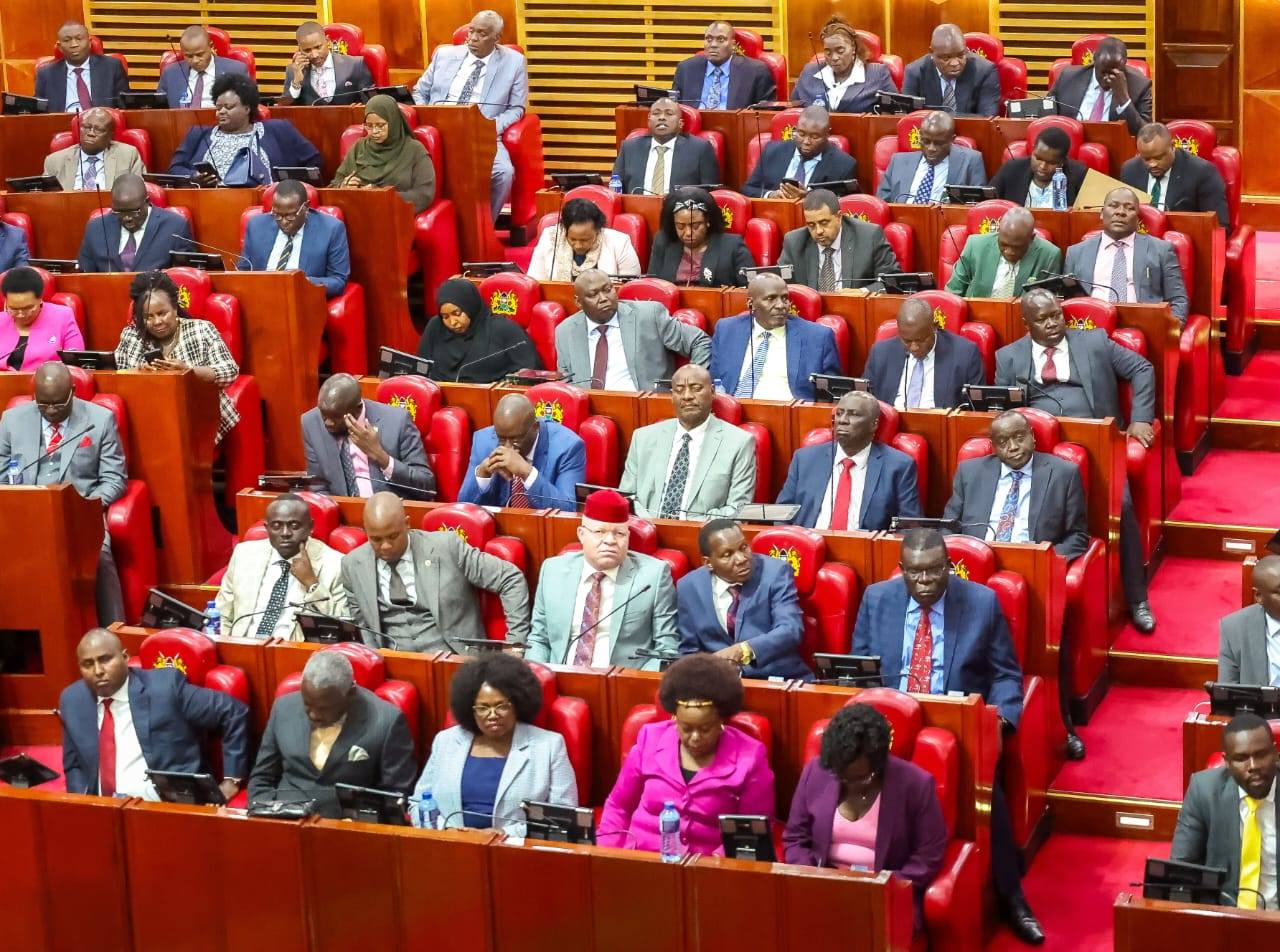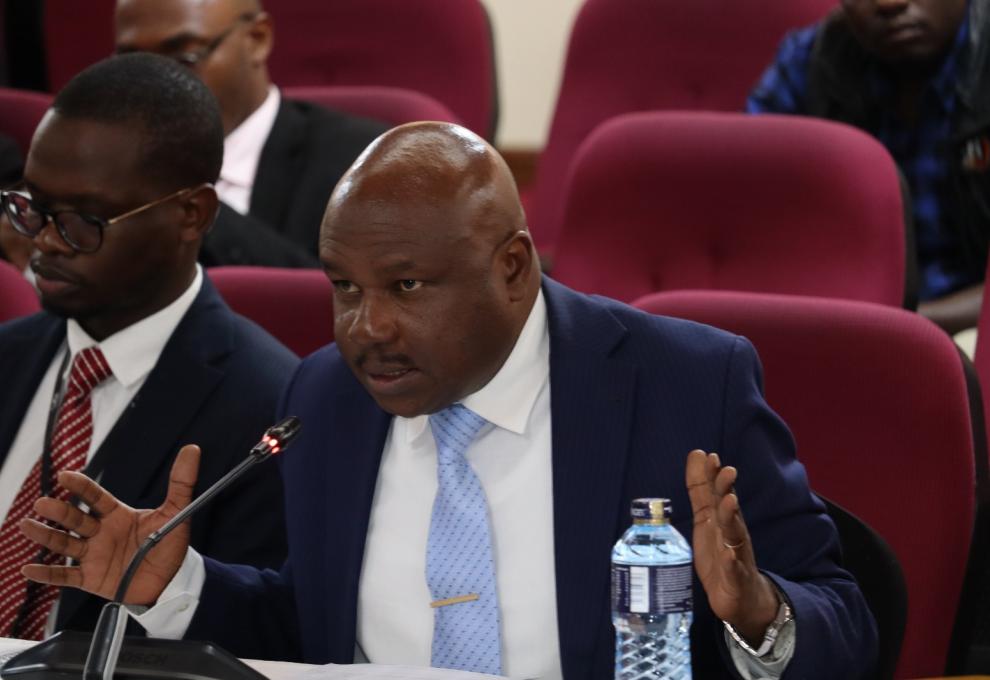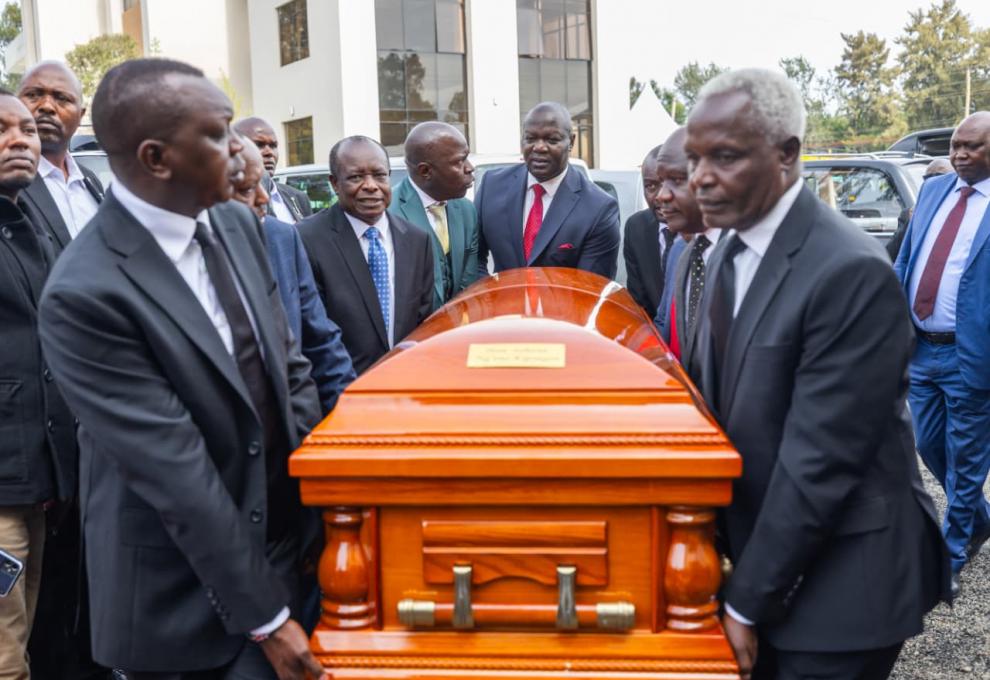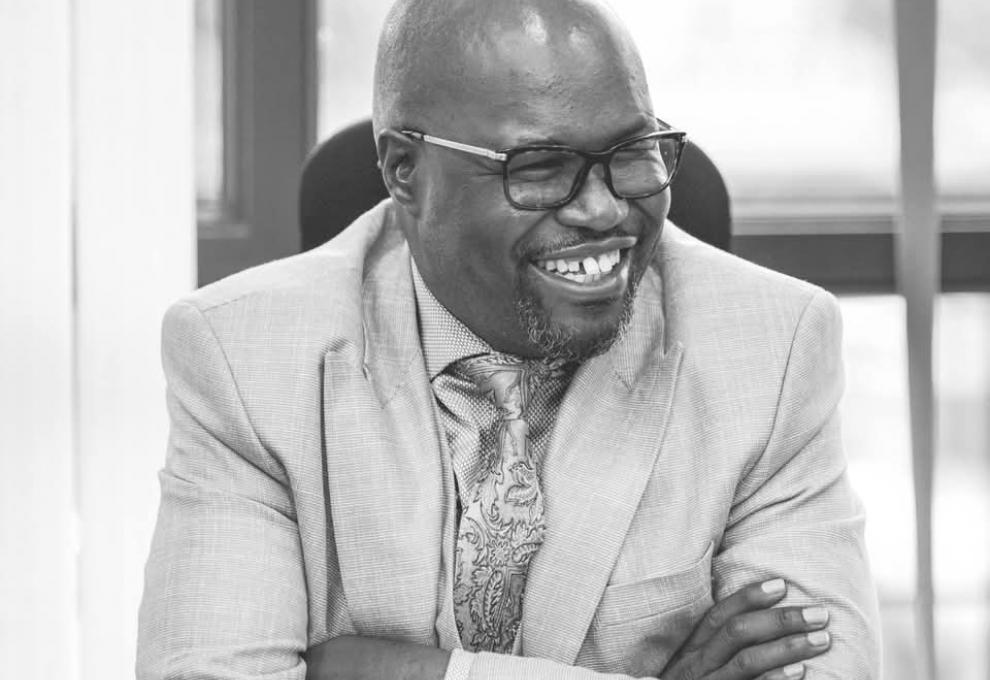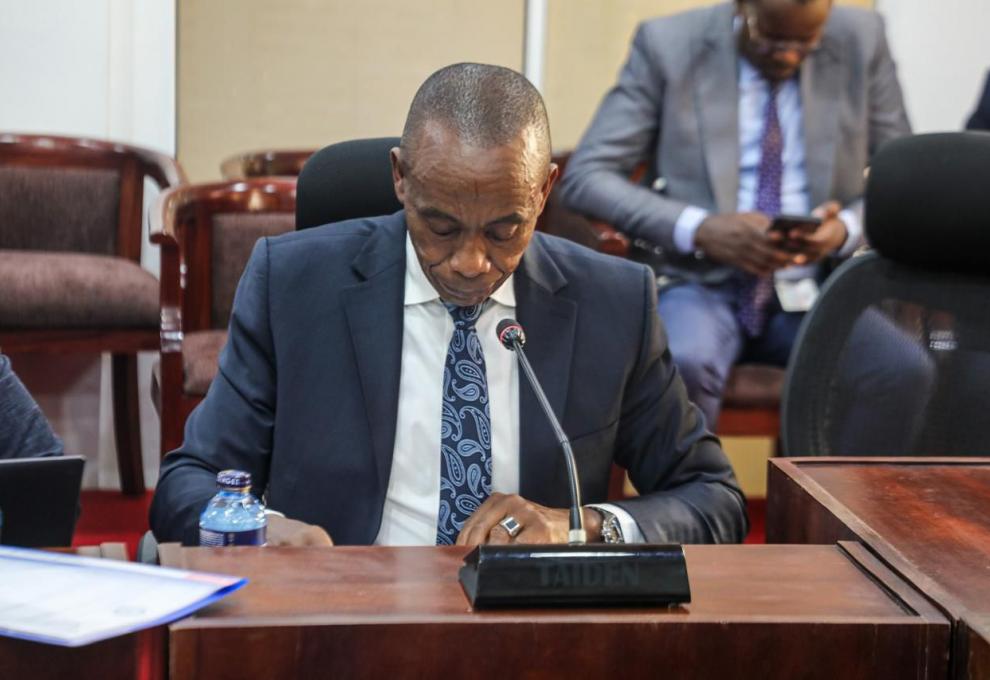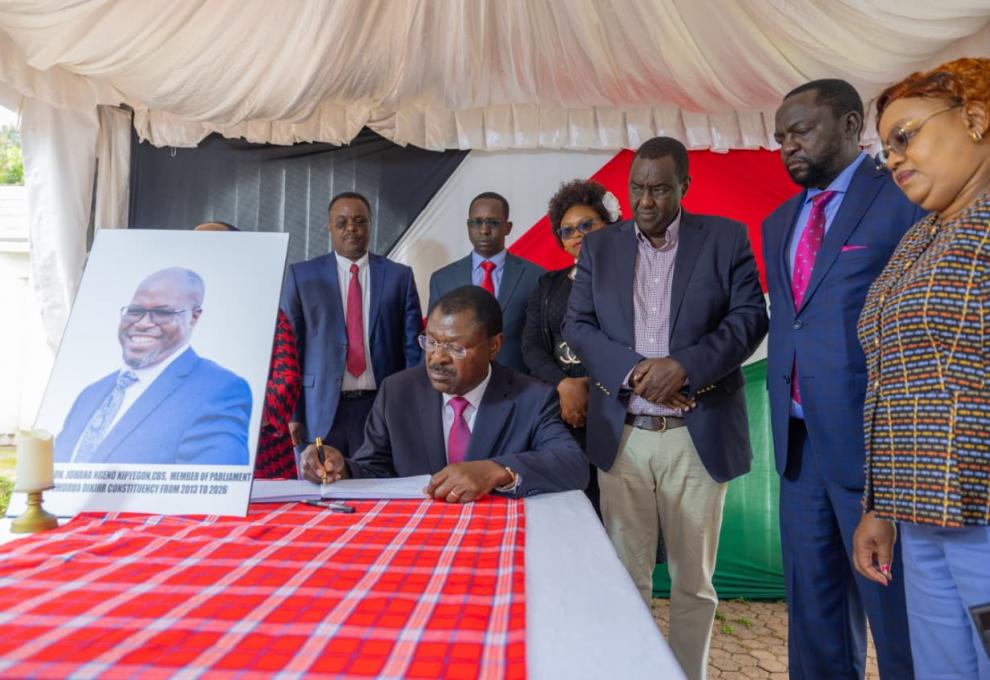𝐀𝐒𝐒𝐈𝐒𝐓𝐄𝐃 𝐑𝐄𝐏𝐑𝐎𝐃𝐔𝐂𝐓𝐈𝐕𝐄 𝐓𝐄𝐂𝐇𝐍𝐎𝐋𝐎𝐆𝐘 𝐁𝐈𝐋𝐋 𝐀𝐏𝐏𝐑𝐎𝐕𝐄𝐃 𝐏𝐀𝐕𝐈𝐍𝐆 𝐋𝐄𝐆𝐀𝐋 𝐏𝐀𝐓𝐇 𝐓𝐎 𝐏𝐀𝐑𝐄𝐍𝐓𝐇𝐎𝐎𝐃
Lawmakers have handed a life line to couples who are incapable of conceiving naturally have been handed a lifeline for parenthood after the National Assembly approved a crucial Bill seeking to leverage on reproductive health technology towards parenthood.
The House on Tuesday, November 1, 2025 approved with amendments, the Assisted Reproductive Technology (ART) Bill, 2022. The Bill seeks to create a legal framework for surrogacy and other ART services in Kenya. The approved version expressly prohibits commercial surrogacy while allowing only altruistic surrogacy confined to Kenyans who are divorced, widowed or even single. Beneficiaries however have to be certified by an assisted reproductive technology expert as incapable of conceiving naturally.
The Bill sponsored by Suba North lawmaker, Hon. Millie Odhiambo, now moves to the Senate for further consideration. Key provisions include licensing clinics, regulating donor consent, and providing guidelines for surrogacy, including preventing exploitation.
The Assisted Reproductive Technology Bill of 2022 was introduced in the House with an aim to regulate the emerging field of assisted reproduction for couples and individuals experiencing infertility or difficulty conceiving naturally.
Even though assisted reproductive technologies (ART) such as IVF, surrogacy, and others have been around for a long time, they are still considered 'new' in Kenya.
The regulatory vacuum surrounding surrogacy processes and technologically assisted reproduction in Kenya has engendered an environment conducive to unprofessional practices hence the need for a regulatory framework to address these concerns .
During debate both in the Second and Third Reading stages, it emerged that the void had resulted in a proliferation of legal disputes pertaining to the legitimacy of commissioning parents or individuals who enter into contracts with surrogates for the purpose of bearing a child on their behalf.
But making her contribution during the Third Reading of the Bill, Hon. Odhiambo underscored its impact on families that have been childless. She noted that these concerns outweigh the solutions the Bills seeks to provide if enacted to law.
Hon. Odhiambo implored on her colleagues in Bill, saying it would benefit parents who are unable to have children naturally.
She held that the passage of the Bill was long overdue, noting that it has been pending before the House for the past three Parliaments despite its significance.
She also addressed the proposal by Homa Bay Town MP Peter Kaluma that the Bill be recommitted to the Committee Stage to amend Clause 2 and refine the definitions of “father” and “mother.”
“In the definition that was passed in the Committee stage, ‘father’ was defined to mean a male intended parent. I am proposing to amend it to ‘male parent,’ and similarly for ‘mother.’ We have already provided that the term ‘parents’ shall have the meaning assigned under the Children’s Act — that is, a biological parent or a parent as conferred by law,” Hon. Kaluma submitted.
The lawmaker who is currently serving her fourth term cautioned that recommitting the Bill for new amendments could delay its passage further.
Hon. Odhiambo opposed the proposal, no that the Bill had been in the House for too long, partly due to a previous harmonisation process between the National Assembly and the Senate. “Hon. Members I implore you that we pass this Bill and allow it to proceed to the Senate. Recommitting it Bill will further delay this Bill. This is the third Parliament it has come before”, she noted.
Hon. Odhiambo wondered by the passage Bill which had initially received broad support had inordinately delayed. “The first time I brought this Bill, it was supported 100 per cent. The Hansard can bear me out; there was no opposition to this Bill. It is meant to help men and women who cannot have children,” she argued.
Adding his voice to the matter, the Speaker of the National Assembly Rt. Hon. (Dr.) Moses Wetang’ula who was presiding the Session urged the lawmakers to focus on the legislative substance of the debate. “Let’s not veer into what looks personal. Just address the issues he raised and convince the House,” he said.
While cautioning that the proposed law should not be framed as a matter of social or economic status, Speaker Wetang’ula hailed the Bill as progressive, adding that it would open up opportunities for people suffering from infertility to graduate to parenthood.
“I know many of my relatives and friends who could potentially benefit from this law”, he stated.
Even as the House moved to approved the Bill, Hon. Odhiambo added that if the Senate rejected it, she would reintroduce it in future, noting that it was an important cause for her.
The proposed law articulates a comprehensive framework governing assisted reproductive practices, delineating specific regulations and restrictions. The Bill expressly prohibits the creation, preservation, or utilisation of embryos at any stage of development unless in strict adherence to the provisions stipulated. Section 12 mandates the acquisition of explicit written consent from donors for the utilisation of human reproductive material in the creation of embryos. Importantly, an individual is only deemed eligible to pursue assisted reproduction when a certified medical practitioner attests to the necessity of such intervention based on medical or health grounds.
Section 17 imposes age-related restrictions on sperm donation, prohibiting the procurement of sperms from donors under eighteen years of age without the requisite consent from a parent or legal guardian. The Bill also specifies conditions under which the Directorate is prohibited from issuing licenses, encompassing aspects such as embryo use, cloning, as well as replacing parts of an embryo among many others.
The effect of these prohibitions being delineated in Part III is that any contravention of them will attract a fine not exceeding 5 million Kenyan Shillings, or to imprisonment not exceeding 5 years, or to both.
The ART Bill also contains minimum conditions that must be met as well as the contents of surrogacy agreements entered into by the parties. It specifies that surrogate mothers must be a minimum of 25 years old, have previously given birth to at least one child, and relinquish all parental rights over the newborn. Consequently, the commissioning parents assume legal parenthood of the child upon birth.
It further mandates that the surrogacy agreement be in written form, witnessed by a minimum of two individuals, and encompass provisions detailing the contact, care, upbringing, and overall welfare of the child. Additionally, it stipulates that individuals possessing the legal capacity to enter into agreements under this Bill and other written laws in Kenya are eligible to engage in a surrogacy agreement.
If enacted into law, only authorised individuals have the authority to conduct assisted reproduction procedures, and it establishes punitive measures, encompassing fines and imprisonment, for individuals contravening this licensing prerequisite. The Bill also gives power to The Kenya Medical Practitioners and Dentists Council to be consulted in the issuance, variation, renewal, and revocation of licenses. This is intended to enshrine Constitutional principles such as transparency and accountability in the licensing process.



